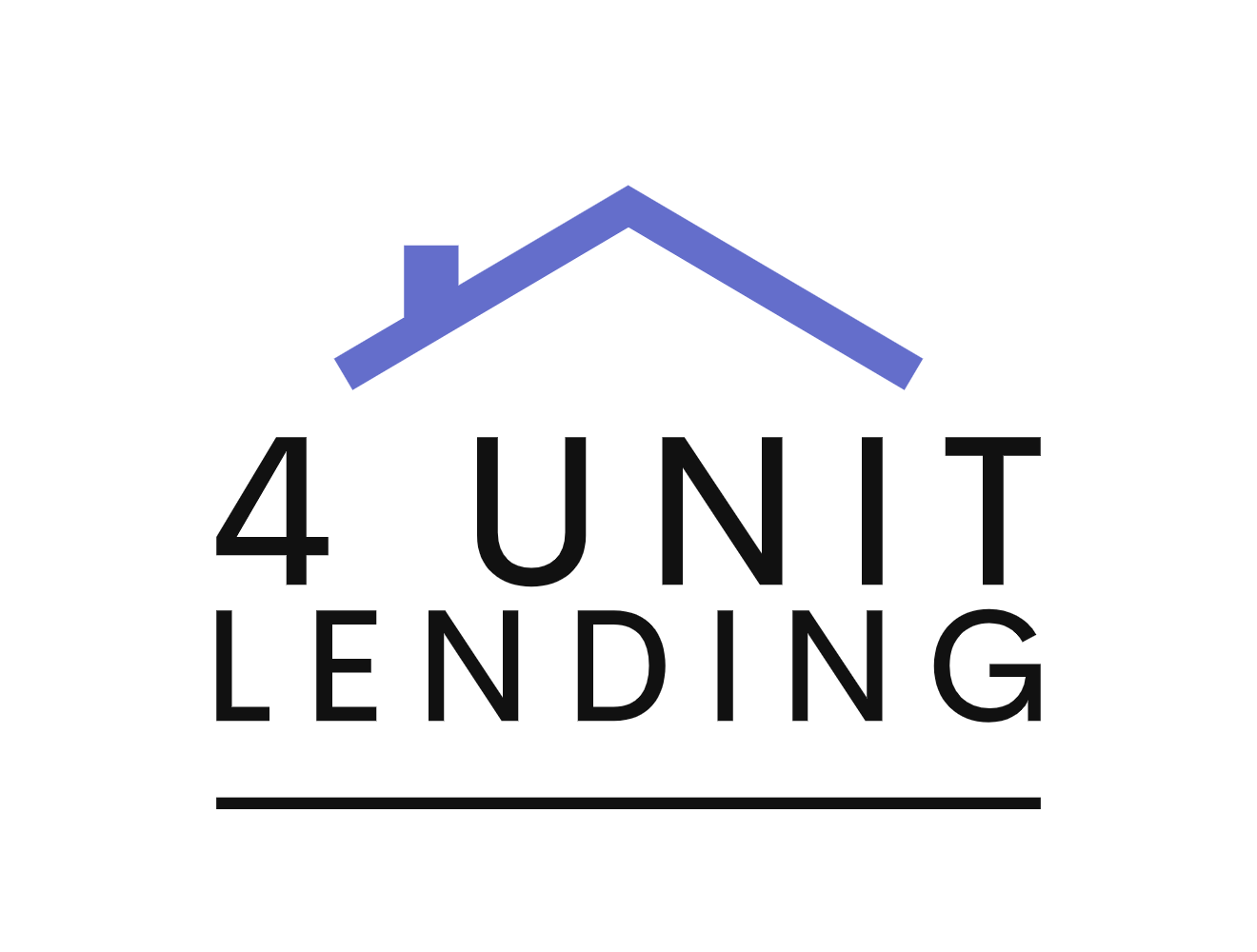Housing affordability has become one of the most pressing issues in America. From rising home prices to rental shortages, the challenge of providing affordable housing has captured the attention of policymakers at all levels. As the debate heats up, one question looms large: Can the housing industry meet the growing demand while navigating the web of political expectations and regulations?
To understand this complex issue, we need to explore how municipal and federal policies are shaping the housing landscape—and what it means for developers, investors, and consumers.
The Affordability Crisis: Where We Are Now
The numbers paint a stark picture. Home prices have surged by more than 30% over the past five years in many markets, while mortgage rates remain elevated, putting homeownership out of reach for millions. Meanwhile, the rental market faces its own challenges, with vacancy rates at historic lows and rent prices climbing steadily.
Municipalities and the federal government have responded with a range of proposals, from zoning reforms to tax incentives. But these initiatives often collide with industry realities, creating a tug-of-war between political expectations and what the market can deliver.
Municipal Policies: Zoning, Red Tape, and Local Challenges
At the municipal level, zoning laws and permitting delays remain some of the biggest hurdles to increasing housing supply. Policies designed to protect neighborhoods often restrict development, limiting the construction of affordable housing where it’s needed most.
Single-Family Zoning: Many cities prioritize single-family zoning, which limits density and raises costs. Efforts to introduce multifamily housing into these zones often face resistance from local communities.Permitting Delays: Developers frequently encounter lengthy approval processes for new projects, delaying timelines and increasing costs.NIMBYism (“Not In My Backyard”): Community opposition to new developments, especially affordable housing, further complicates the industry’s ability to respond to demand.
The Industry’s Response: Builders and developers are advocating for reforms such as streamlined permitting and rezoning for higher-density housing. While some cities have embraced these ideas, progress remains uneven across the country.
Federal Policies: Funding, Incentives, and Political Will
At the federal level, the Biden administration and Congress introduced initiatives aimed at addressing the housing crisis, but implementation has been slow.
Low-Income Housing Tax Credits (LIHTC): A long-standing tool for encouraging affordable housing development, LIHTC has seen increased funding proposals. However, industry experts argue that more is needed to meet the current demand.Infrastructure Investments: Federal funding for infrastructure improvements, such as transit-oriented development, aims to encourage housing growth in urban areas. Yet, these projects require years of planning and execution.Rent Control Measures: In some states, federal support for rent control initiatives has sparked debate. While intended to protect tenants, these measures often discourage developers from entering certain markets due to profitability concerns.
The Industry’s Response: While federal funding and tax incentives provide critical support, developers caution that these policies must balance affordability goals with the financial realities of building and maintaining housing.
The Politics of Affordability
Political pressure to deliver affordable housing is intensifying, but the question remains: Can policies bridge the gap between expectations and execution?
Balancing Supply and Demand: Policies often focus on controlling costs rather than increasing supply, which can exacerbate the problem. Without significant investment in housing production, affordability will remain elusive.Coordination Across Levels of Government: Municipal, state, and federal policies often operate in silos, leading to inefficiencies and missed opportunities for collaboration.Impact of Interest Rates: With higher borrowing costs, developers face additional challenges in financing new projects. Policymakers must account for this reality when crafting housing initiatives.
What Needs to Change?
For the housing industry to meet political expectations, several key changes are necessary:
Streamlined Zoning and Permitting: Local governments must prioritize faster approval processes and increased zoning flexibility to encourage development.Public-Private Partnerships: Collaboration between governments and private developers can unlock new funding and resources for affordable housing projects.Incentivizing Innovation: Policies that support modular construction, green building, and other cost-saving technologies can help developers deliver affordable units more efficiently.
What This Means for Investors and Developers
Navigating this landscape requires a deep understanding of both market trends and regulatory dynamics. At Dominion Financial Services, we help investors and developers overcome these challenges by providing fast, flexible financing solutions tailored to today’s housing market.
Whether you’re a builder dealing with zoning roadblocks or an investor seeking opportunities in affordable housing, our expertise can help you thrive.
A Collaborative Path Forward
The housing affordability debate is far from over, and it will take collaboration across industries, governments, and communities to find sustainable solutions. While the challenges are significant, so are the opportunities for those who can adapt and innovate.
As the conversation continues, one thing is clear: the housing industry must not only respond to political expectations but also help shape them. By working together, we can create a future where affordable housing is not just a goal but a reality. At Dominion Financial Services, we’re committed to being part of that journey. Let’s build a better housing market—together.

